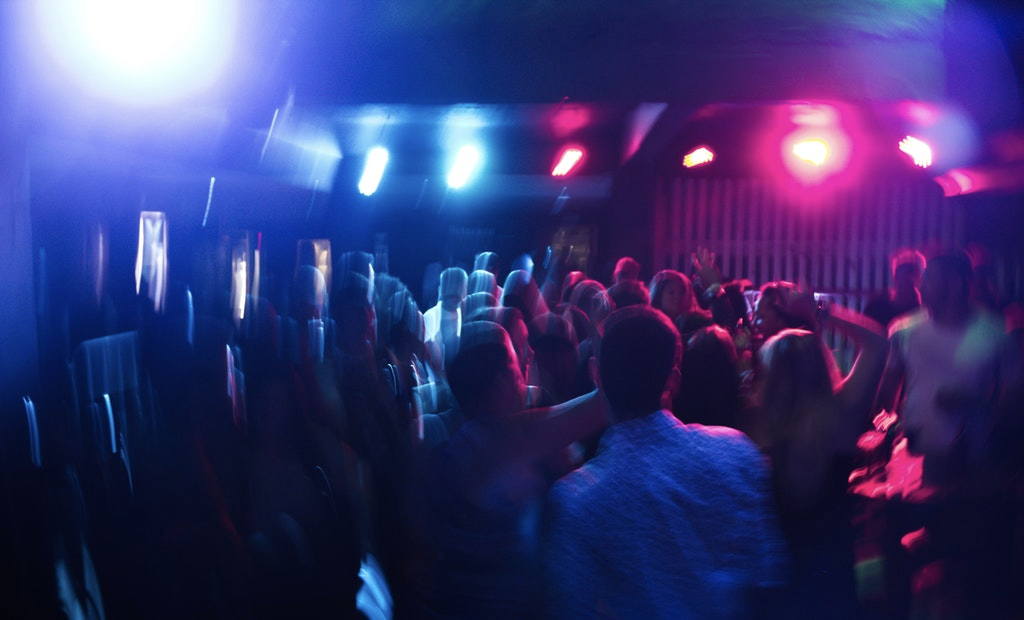Why poppers are banned

Among the many drugs that circulate in modern society, poppers are some of the most mysterious. Although poppers are less harmful types of drugs, they are often viewed in a negative light and are even banned in many countries due to their perceived dangers and long-standing biases held about them.
Originally created in the late 19th century and used as a treatment for chest pain, poppers are derived from alkyl nitrates which are distilled into liquid form. The liquid, normally packaged into small plastic bottles with removable caps, gives off intense fumes which can create a feeling of euphoria when inhaled. Today, poppers are most often used for recreational purposes such as parties and sex enhancers. Poppers are most often sold in nightclubs, bars and adult stores as well as being available online. Due to the restrictions placed on the sale of poppers in certain countries, they are sometimes marketed as deodorisers or leather polish. In the past 30 years, poppers have been used most in the gay community, on the dancefloor and in the bedroom. However, they have become more popular within mainstream society and club culture in recent years.
Alkyl nitrates are a class of chemicals that include a number of different chemical properties such as amyl nitrates, pentyl nitrates and butyl nitrates. When inhaled through the nasal cavities, the body changes these properties into a certain type of nitric oxide which causes the blood vessels to open up and the blood pressure to drop. In response, the body’s heart rate becomes more rapid and this causes feelings of excitement and euphoria. Along with this, poppers can also cause the smooth muscles in the body, including the muscles in the throat, vagina, and anus, to become relaxed. Poppers are said to produce feelings of warmth, tingling and tranquillity. Although the effects of poppers are usually intense, unlike other drugs, these effects are relatively short-lived and only last a few minutes at most.
Overall, poppers tend to have fewer side effects than many other drugs and are often harder to get addicted to. That’s why proposed bans never became effective. However, there are side effects that can result from the use of poppers such as headaches, dizziness, and skin irritation. Poppers have also been known to cause respiratory problems from time to time and, due to their ability to increase the body’s heart rate, can be dangerous to people with heart problems. Poppers are only truly dangerous when taken with other drugs, as this could result in adverse side effects or reactions that could be harmful, possibly even fatal, to the user.
Although poppers are less dangerous than many other drugs, they tend to be categorised with illegal drugs such as ecstasy and ketamine and are often viewed negatively by politicians and law enforcement. Because they are mostly used in relation to parties or sex, some people consider poppers to be a sort of “corrupting” drug and this type of drug is also often associated with more dangerous drugs that tend to be used in similar settings, such as LSD. Along with this, in the past, poppers were thought to contribute to the spread of AIDS due to poppers becoming more popular during the outbreak of AIDs in the 1980s. Although this wasn’t necessarily the case, such beliefs have significantly contributed to the negative view of poppers held by lawmakers.
Due to their perceived danger as inhalant psychoactive drugs, alkyl nitrates have been made illegal in countries such as Japan, France, Canada, Germany and Switzerland. In other countries, such as the UK, the United States and Australia, sale of alkyl nitrate is legal but it cannot be sold or advertised for human consumption. Despite the restrictions and biases toward poppers, these inhalants have steadily become more popular all over the world especially online where Poppers UK, for example, shows websites who sell to the UK. As the biases toward [oppers have begun to diminish, it can be hoped that more people will realise how much less harmful poppers are in relation to other drugs. Ultimately, policymakers may turn their attention to educating people on how to use poppers safely instead of just restricting their freedom to use them at all.
The editorial unit
The material contained in this article is of the nature of general comment only and does not give advice on any particular matter. Recipients should not act on the basis of this article’s information without taking appropriate professional advice.

























Facebook
Twitter
Instagram
YouTube
RSS